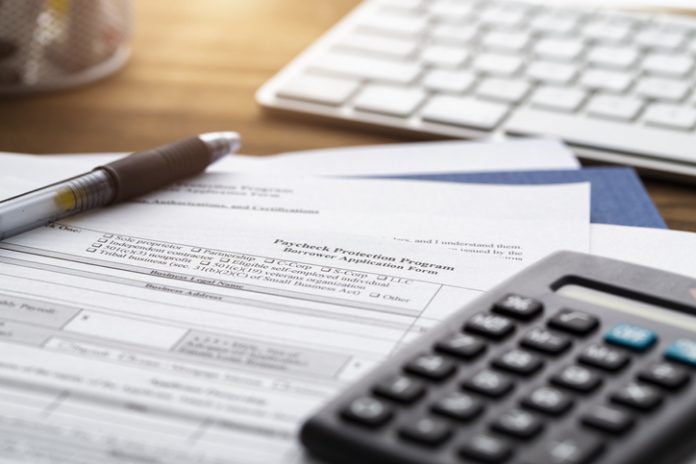
Earlier this month, the Small Business Administration (“SBA”) published new guidelines targeted to making forgiveness applications easier on borrowers who received Paycheck Protection Program (“PPP”) loans of $50,000 or less. This article concerns the latest Interim Final Rule (“IFR”) published by the SBA on October 8, 2020.
Elimination of Certain Loan Forgiveness Penalties
The most significant aspect of the IFR is that the SBA is waiving certain forgiveness reduction penalties for certain smaller PPP borrowers who individually received $50,000 or less in PPP funds and who, when taken together with any affiliates, did not in total receive $2 million or more in PPP funds.
These PPP borrowers with smaller loans may use SBA Form 3508S, which simplifies the forgiveness application process and notably does not require the PPP borrower to certify that (a) salaries or hourly wages were not reduced by more than 25 percent during the covered period and (b) the number of employees was not reduced during the covered period. Thus, even if an affected PPP borrower did reduce the hourly wages of its employees by more than 25 percent, or did reduce the number of its employees during the covered period, these reductions would not reduce their loan forgiveness under the PPP.
Note that the longstanding restrictions on the use of PPP funds for eligible expenses only (i.e., using at least 60 percent of PPP funds for payment of payroll and up to 40 percent of the PPP funds for interest (but not principal) on mortgages or other existing debt; rent; and utilities) still apply to all PPP borrowers, including those affected by this latest IFR.
Unaffected Borrowers – Existing Loan Forgiveness Penalties Remain
For all other PPP borrowers (i.e., those who received more than $50,000 or PPP borrowers who together with their affiliates, received $2 million or more in total), the existing forgiveness
reduction penalties (and their safe harbors) remain unchanged. Reductions in salary or wages beyond 25 percent will still trigger a reduction in the loan forgiveness amount, as will reductions in the number of employees during the covered period (subject to the following two safe harbors passed as part of the Paycheck Protection Program Flexibility Act, passed on June 3, 2020). The first safe harbor for which the reduction in the number of employees will be disregarded is if the borrower is able to hire back workers before December 31, 2020; the second is if the borrower is unable to return to the same level of business activity as before February 15, 2020, due to compliance with sanitation, social distancing, or other work or customer safety requirements related to COVID-19 issued between March 1, 2020, and December 31, 2020.
Summary
PPP borrowers who received $50,000 or less in PPP loan proceeds should seriously consider using the SBA Form 3508S. For PPP borrowers who are not affected by this most recent IFR, the option to use the SBA Form 3508-EZ is available only to those who are self-employed or who both (a) are not subject to wage-reduction penalties under the PPP and (b) can certify as to either of the two safe harbors hours reduction penalties discussed above. Since Form 3508-EZ has specific requirements for proving compliance with these safe harbors, it is important to consult legal or tax counsel and to discuss individual specifics with one’s lender.










